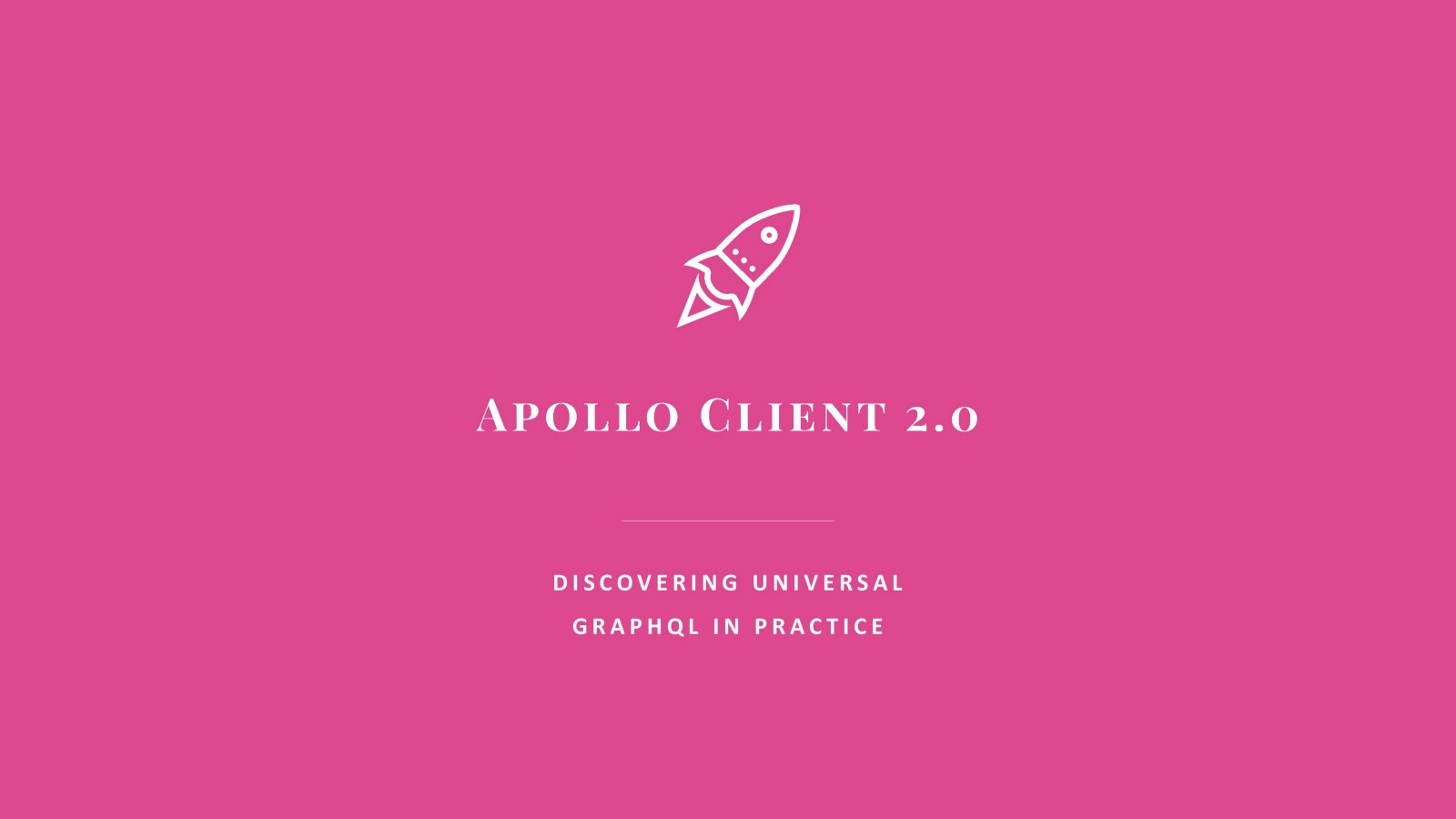
Apollo Client 2.0 has been released. The Apollo Client is a GraphQL client for JavaScript platforms, allowing users to describe data requirements using a GraphQL query, and have the client find and manage the data. Apollo’s vision for the future is to eventually be able to manage all of an application’s data using GraphQL. The Apollo Client is used by companies such as KLM, IBM, and Intuit and was built with contributions from Coursera, Convoy, and Microsoft.
“Apollo Client brings an entire new world of data management to your application. Much like React is the cornerstone of your UI, Apollo Client can be the cornerstone of how you work with data. Apollo Client 2.0 is specially designed to enable you to bring the benefits of GraphQL to all of your data management needs,” the Apollo team wrote in a post.
Windows Application Driver moves out of beta
Windows Application Driver version 1.0 has been released. WinAppDriver is a UI Test Automation tool that can run tests on any application in Windows 10. It is open standards based, enabling users to use existing tools and languages to write tests.
WinAppDriver has been in beta and has been receiving feedback for the past year in order to improve the product. The WinAppDriver team is currently working on several improvements including Continuous Integration in workflows, multi-touch input support, pen input support, and bringing WinAppDriver to additional Windows devices.
ArcTouch announces consulting service for Xamarin
ArcTouch has announced its Xamarin Accelerator Program, which is a consulting service for development teams using Visual Studio tools for Xamarin. Xamarin allows development teams to use a common codebase for app development for iOS, Android, and Windows devices.
“If you want to build an Android and iOS app simultaneously, Xamarin offers an incredibly powerful set of tools for companies to get to market very efficiently,” said Eric N. Shapiro, CEO and cofounder of ArcTouch. “Our Xamarin Accelerator Program helps companies and their developer teams learn our Xamarin best practices — which increases the velocity and quality of their projects.”
ITI unveils first industry-wide artificial intelligence policy principles
The Information Technology Industry Council (ITI) has released an industry-wide policy principles on AI, which will serve as a guide for industry and governments to ensure AI’s responsible growth and deployment. The Artificial Intelligence Policy Principles were developed by ITI’s member companies over the last year.
“There’s no question AI will continue to transform our lives, society, and economy for the better,” said Dean Garfield, president and CEO of ITI. “To ensure that we allow AI to flourish while guarding against unwanted impacts, our industry is committing to a set of principles to formalize our promise to responsible design of AI. These principles will evolve as AI evolves and will provide a compass for our approach. These principles are not just a vision of our path forward, they are a call to action for all of society to fully realize the smart, responsible growth of artificial intelligence. We look forward to working with lawmakers, academia, industry partners, and the general public on the exciting road ahead.”






